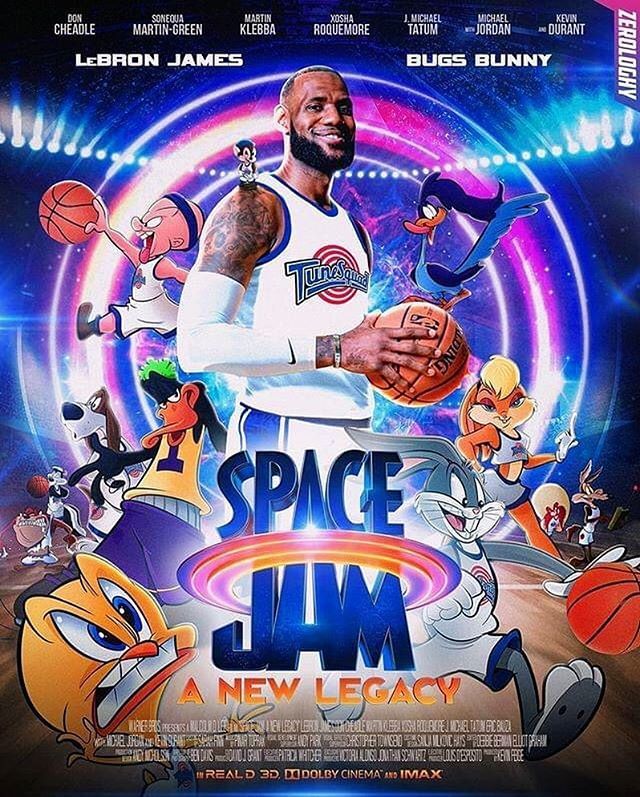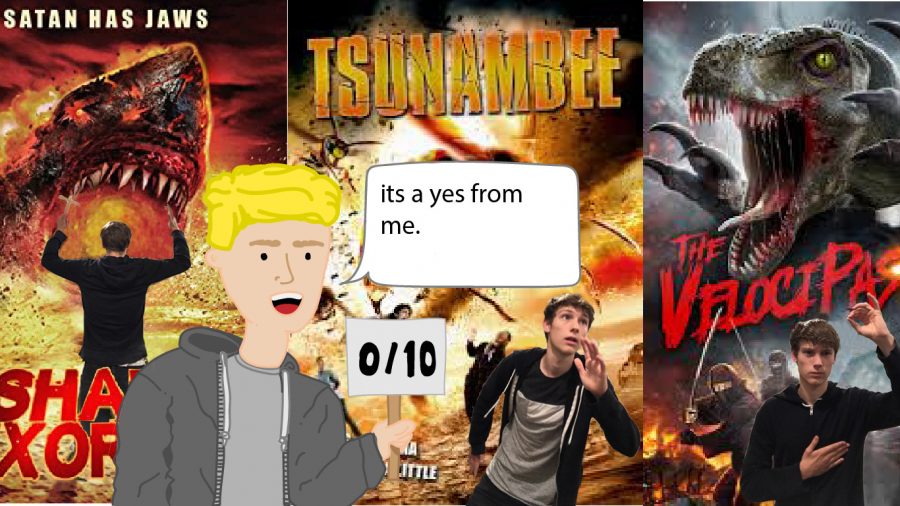10 Things I Hate About You
by Maria Solorzano
This late ‘90s movie twists and turns Shakespeare’s The Taming of the Shrew into a drama filled with rambunctious students and teen rebellion with genuine high school problems sprinkled on top. “Ten Things I Hate About You” uses a fresh approach to comedy by portraying what it’s like to grow up in an upper-middle-class neighborhood during an era that praised nonconformity.
Protagonist, Katarina Stratford (Julia Stiles). Kat is a senior at Padua High School in Seattle, drives a 1964 Dodge Dart in the year 1999 while listening to grunge music and simply doesn’t care about harmonizing with her society’s norms.
New boy Cameron James is instantly infatuated at the sight of Bianca Stratford, Kat’s younger sister. After befriending the school’s biggest nerd, Michael, he is informed that Warren Stratford, the girls’ father, will only allow Bianca to date if her older sister dates, and the wench that is Kat, never dates. Together, Cameron and Michael convince an underwear model who is also after Bianca, to pay bad boy Patrick Verona (Heath Ledger) to make Kat go out with him without her finding out that this is business.
A house party failure and spectacular marching band promposal to the song “Can’t Take my Eyes Off of You” later and Verona finally wins her heart… while also becoming head over heels for Kat Stratford. Stuck in the sticky situation of falling in love with Seattle’s biggest shrew, Patrick must find a way to either hide the fact he has been paid to date Kat or come clean and face losing her.
This crazy funny teen movie gives us a main character that we are able to idolize thanks to her independence and values of wanting to always develop the best version of herself. Katerina not allowing herself to be pressured into being someone she isn’t is beyond admirable and teaches young women that to only focus on what they think is important. In the words of Kat: “Why should I live up to other people’s expectations instead of my own?”
Despite the fresh dialogue of the movie, the plot is predictable. There aren’t many moments you don’t expect, it does fall within the typical parameters of a teen comedy. The characters and their developments aren’t exactly surprising which, at times, lessens the humor due to the clashing of old and new techniques. The misogyny of “taming” women. In 2000s cinema, this type of plot was popular but in today’s culture, the topic is much less praised.
All movies aren’t perfect and it’s important to focus on the good and call out the bad. Filmmaking is hard work that deserves some sort of appreciation. Despite the outdated plot, there are timeless scenes which makes this movie a must watch.
She’s the Man
by Audri Saulters
With preparatory schools and debutantes galore, “She’s the Man” is an unrelatable film about a group of affluent teenagers that incorporates the elements of any classic 2000s film: makeover scenes, woeful love triangles and sassy remarks that make audiences both laugh and cringe. In it, the main character, tomboy Viola Hastings (played by Amanda Bynes), will go to any length to play soccer for a team, even when it means pretending to be her brother Sebastian to try out for the rival school’s boys team. Of course, the love triangle falls into place as Viola ends up falling in love with her jock roommate, who loves a girl who loves “Sebastian,” the brother Viola pretends to be.
For those wanting to revisit the mainstream rock music and fashion trends, low-budget graphics and every character’s eagerness to find love in every movie of the early 2000s, this lighthearted relic from the era will induce an oddly comforting sense of youthful nostalgia.
In regards to Viola’s costume of her brother, the movie earns credit. She looks like a prepubescent boy and speaks with a Southern accent –– it’s quite humorous. Some of the chaotic slapstick during fighting, date and carnival scenes alike can also be amusing.
“She’s the Man” intends to poke fun at negative gender stereotypes by exaggerating them, but the underlying message that gender roles can be broken is not necessarily clear. Then again, this movie is not intended to teach a lesson but rather play with themes about identity in unusual contexts.
For a movie supposedly about Hastings’ dream to play soccer, there are ironically more scenes where she’s attempting to conceal or reveal her body rather than playing the sport. By today’s standards, this movie’s humor runs on the fairly homophobic and transphobic assumptions that “Sebastian” must be physically male and almost aggressively heterosexual in order for his peers to accept him. This movie, although funny by early 2000s standards, is not as appealing to audiences today.
















